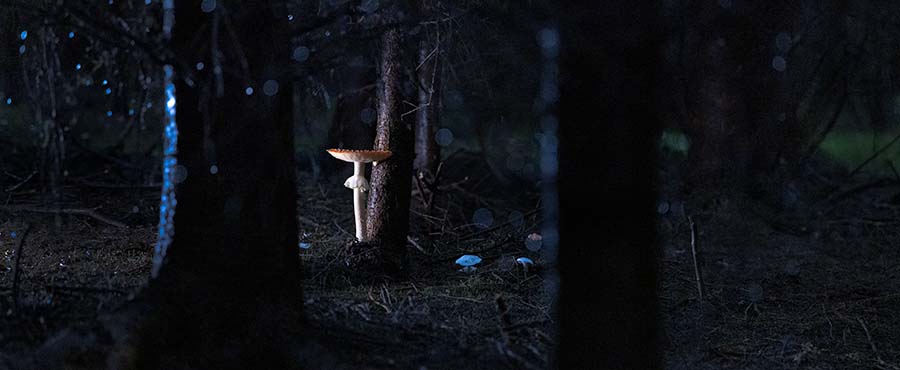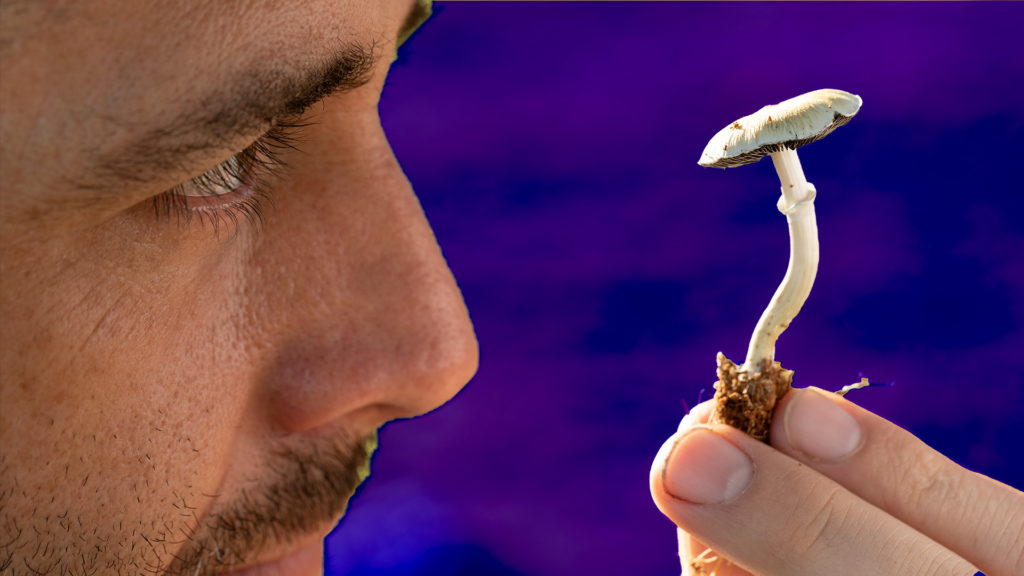The Biggest Mushroom Myths Dispelled

If you’re a newcomer to the mushroom world, there are a few myths that you probably have. Even if you’re an A level amateur mycologist, you probably have a few myths that you’ll bring with you. Let’s ignore all that and get to the science behind them and make sure you’re the most informed you could be. We made a video about it as well here:
Let’s start with a few simple mushroom myths that we highlighted in the video.
There are old mushroom hunters and bold mushroom hunters but no old bold mushroom hunters.
We’ve all heard the jokes. They’re typified in scenes like this full scene from Norsemen
The truth is much more nuanced though. You DO have to learn about mushrooms but why should this stop us.
You could say the same about plants. This plant will kill you, so will this one. This will give a terrible rash. A bit of knowledge that we pass on makes it much easier to avoid this problem.
Mushrooms Should be Avoided
I don’t know many people who see them all as poisonous. We’ve all seen the mushrooms on pizzas and those button mushrooms in the store. But many many people in the world are way too scared of doing anything with mushrooms, let alone try a wild one.

Poisonous mushrooms can be Identified by their bright and showy color.
This is absolutely not true. First, this is arguably the deadliest mushroom in the world, it’s white. This is the destroying angel and just one cap here will destroy your liver or kidneys and there is no recovering from it once you’ve digested the mushroom.
In contrast, this is the Mario Brothers mushroom, the fly agaric. It’ll send you to another planet, but the myths about it being deadly poisonous are much overblown. More on that in this video.
Medicinal mushrooms “boost” the immune system
One of the first things you’ll be fed when getting ads for medicinal mushrooms is that they’re “good for immune health.” That’s very true. But it doesn’t exactly “boost” it all the time, even is some people claim it does. Instead they’re often referred to as adaptogens, which often describes them modulating things up or down as needed in the body. There is some disagreement over this as Tony describes here.
He notes that some medicinal mushrooms are adaptogens. Adaptogen is a specific scientific term that describes a natural substance that helps your body adapt to stress. Cordyceps and reishi are probably the two that are the best adaptogens. Some people still describe all function mushrooms to be adaptogens. That means that if you have a low immune system it will help stimulate its functioning. However, if you have an overactive immune system they won’t stimulate it more. Instead it regulates it the other way.
There is NO Science to back up Mushroom Benefits
This isn’t true at all. On top of that, Robert Rodgers wrote a whole book on them called the “Medicinal Mushrooms: The Human Clinical Trials” that describes what we know from humans using these different mushrooms.
Magic Mushrooms Will Melt Your Brain
Nope. Not true. We spent an entire video on this one too.
In fact it seems that magic mushrooms do the opposite. Psilocybin and Psilocybin have been shown to increase neurogenesis. That means they can stimulate and grow neural connections in the brain and in other places. Stacking this mushroom with Lions mane, another mushroom that’s been shown to cause improvements in cognitive ability has been really helpful.
Touching Toxic Mushrooms is Dangerous
It’s perfectly safe to touch even the deadliest mushrooms. Don’t stick them in your mouth, but holding them in your hand isn’t going to cause any problem.

